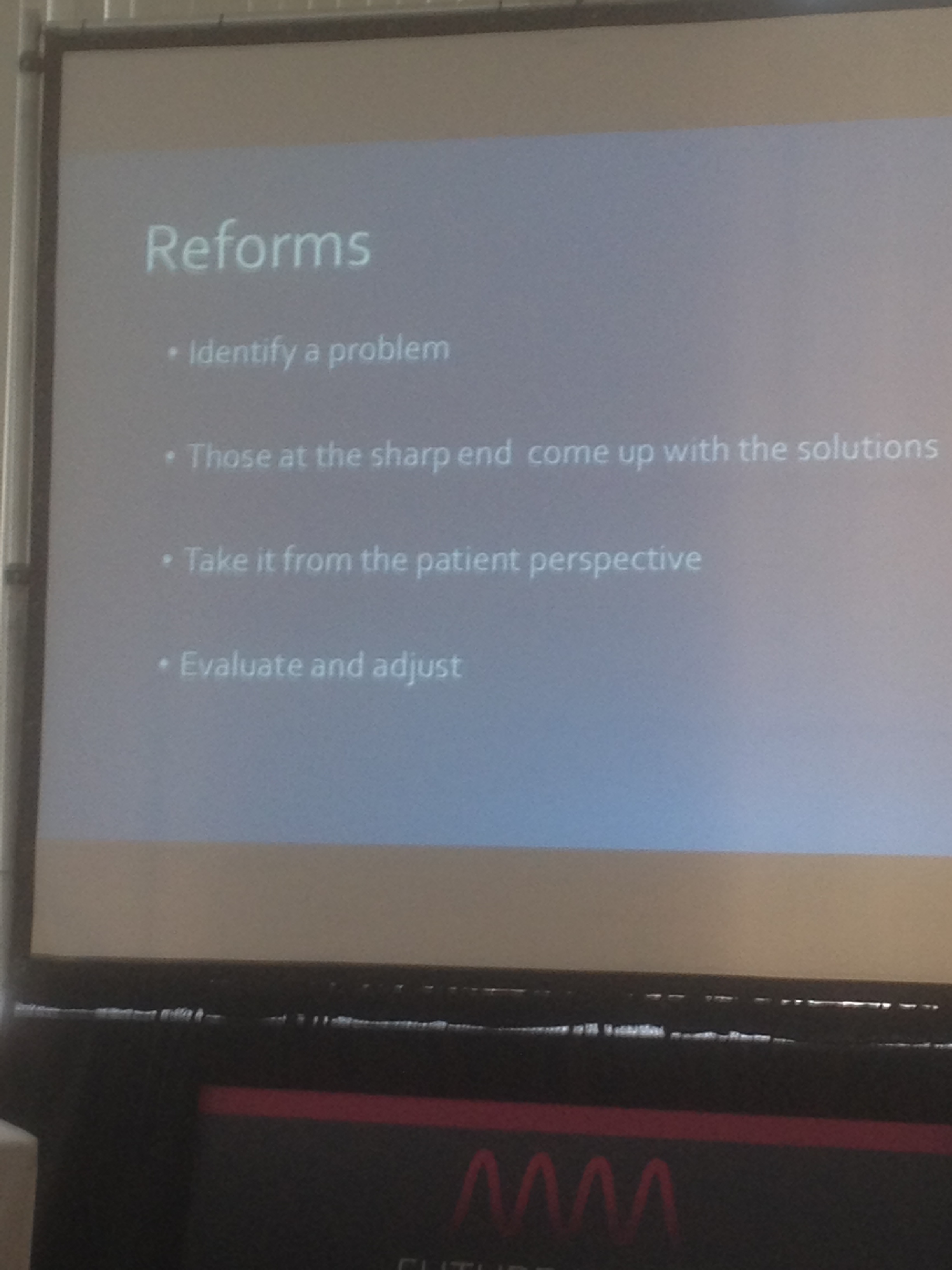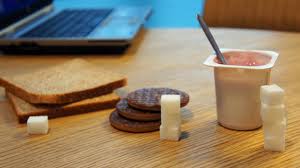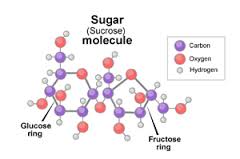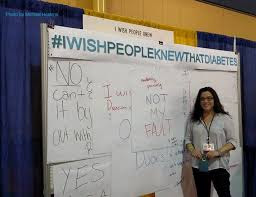I had so much to write about from the Future Health Summit on Friday 27th May last that I had to divide it into two post.
Disclaimer: The organisers of this conference reimbursed me for my travel expenses to attend as a patient speaker. But all opinions are my own.
Here is my review of the Diabetes Summit Event which was chaired by Dr. Ronan Canavan, co-chaired by Anna Clarke from Diabetes Ireland with our panel being chaired by Dr. Eva Orsmond. This was the event that I spoke at. I was last up on the agenda. I have to tell ye, I think I have the bug. Even though, I seriously thought I would need medical assistance because my heart was pounding so hard while I was waiting to go up, once I got up there – I had a ball!
The summit began with Dr. Ronan Canavan, outgoing Clinical lead of the National Clinical Programme for Diabetes and Consultant Endocrinologist, and an overview of what the Diabetes National Clinical Programme has accomplished under his leadership. This included the National Diabetes Podiatry Programme, the establishment of The Diabetic Retina Screening Service, the Type 2 Diabetes Cycle of Care, which we are seeing happening now, the publication of the Paediatric Model of Care for all Children with diabetes and the forthcoming Model of Care document for Adults with diabetes.
Professor Gerald Tomkin gave a wonderful presentation about something very medical but did not fail to be extremely amusing. Actually I giggled a lot! I should add that this conference was primarily attended by healthcare professionals and patients were in the minority.
Dr Neil Black, talked about the reforms that his team have made in Diabetes West, which is not Ireland West but Northern Ireland west. They have made some very seemingly small but significant changes. They're approach is to identify the problems in the diabetes service from the patient's perspective. Some changes were easy, such as changing the name of the diabetes clinic to diabetes support service - it sounds so much more caring. They have also streamlined the pathway to receiving care so that the people who need more support have more access and the people who are in a good place can step back until they need a check in.

Prof Philip Home-Professor of Diabetes Medicine, Newcastle University. Former Chairman of the International Diabetes Federation (Europe). In 2009 he was Programme Chair for the IDF World Diabetes Congress in Montreal spoke about medications for lowering blood glucose. Again, another well seasoned presenter and charming gentleman but well above my head.
Dr Richard Lee Kin-Specialist Periodontist and founder of the Mint Clinic in Adelaide Rd., Dublin 2, pointed out why dental hygiene is so important for people with diabetes. He also inform us that people with diabetes can get two dental exams for free every year. I'm hoping to have more information on this about where you can download the form to apply in advance, if you are a PAYE contributor. It's more straightforward if you have a medical card, see more information from Citizen's Information.
Then there was me and my scenic journey to becoming an empowered patient, or as I would rather put it "my own best advocate".
Once everyone has presented, we concluded the summit with a panel discussion where Dr. Eva Orsmond and members of the audience had to opportunity to question us. Things got a little tense for a moment or two during this questioning, but thanks to Anna Clarke the tension was alleviated.
All in all it was not your average day in the office. It was lively, informative and I'm very glad I had the opportunity to participate and attend.









